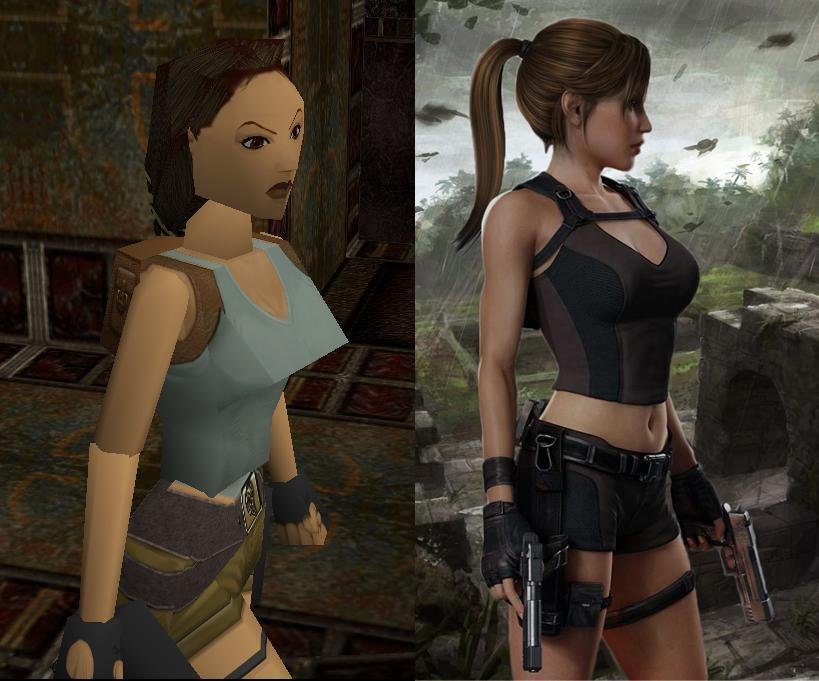When Innovation Stumbles: Why Do Gamers Retreat To Classics

In the fast-paced world of gaming, constant development has been both, motivation and a hindrance for gaming companies. While the games has seen exceptional progressions in innovation and plan, the rising recurrence of disheartening deliveries of highlight anticipated titleshas driven numerous gamers to look for comfort in the works of art.
This article investigates the trend of gamers withdrawing to older games. It also seeks to comprehend the reasons for the apparent decrease, like new game deliveries. By inspecting explicit experienceand proposing new solutions, we can reveal insight into the gaming business’s difficulties and recommend ways of reviving the soul of advancement.
The Rise of Disappointment
The gaming community has recently seen a flood of disappointment with new games. Elevated standards energized by special promotions, state-of-the-art designs, and commitments to progressive gameplay have frequently brought about frustrations. The list of extremely anticipated games which we’re let down is huge, but the most recent ones include:

Cyberpunk2077
Cyberpunk 2077 (2020): Developed by CD Projekt, which was highly anticipated, but the game was released under-developed as bugs and in-game issues overran it. Marvel’s Avengers (2020) by Crystal Dynamics was disappointing due to its repetitive missions, lackluster story, and technical issues. Watch Dogs: Legion (2020), by Ubisoft, received criticism directed at its narrative and mission design.
Assassin’s Creed Valhalla (2020): Although the game ran flawlessly, critics found it less innovative than its predecessor, Assassin’s Creed Odyssey, saying it felt the same or the previous game was better. These are a few famous examples from millions of games.
This pattern of bad game design has led to a trend where players would rather return to classic or old games that have endured the test of time.
Why does this happen?
One main factor contributing to this frustration of underdeveloped game releases is the tension on designers to meet tight delivery plans. In an industry driven by benefits, distributors frequently focus on cutoff times over the flawlessness of a game.
This tight schedule, also known as ‘crunch time’, has prompted a flood of buggy, incomplete games that require broad post-send-off patches to become playable. The dissatisfaction because of a shoddy gaming experience pushes players to look for shelter in games from a past time when the attention was on quality instead of speed.
We can’t blame the game designers when the pressure is being put on the distributors.
Classic Games are Timeless
Classic games offer a shelter for gamers baffled by the failure current era titles. Games such as “The Legend of Zelda: Ocarina of Time,” “Last Dream VII,” and “Super Mario Brothers.” are associated with their notable developments as well as for the profound emotional connection they created with players.

Nostalgic Games
Nostalgia also plays a vital role in returning gamers to these works of art as they long for the vivid encounters that dazzled them in their developmental gaming years.
Other than that, classic games frequently had a degree of cleanliness and attention to detail that new cutting-edge games here and there desperately need. Creating such works of art set a standard that numerous contemporary games need help to meet.
Designers can gain from old games’ attention to detail and focus on refining the client experience to make games that settle with players on a more personal level.
Learning from the Originals
The longstanding appeal of classic RPG titles can inspire creators looking to tackle the problem of disappointment in new releases. Gaining insight into the factors contributing to these games’ longevity can help the industry adopt a more player-centric and sustainable plan.
First of all, the narrative in vintage games was excellent. They created compelling, emotionally evocative stories that had the power to stick with gamers. Investing in appealing stories that drown players in rich, intriguing worlds might benefit modern games, as storylines are becoming repetitive, over-done and old. A game can be elevated from a simple amusement to an artistic medium that genuinely connects with its audience through thoughtful storytelling.

Legend Of Zelda
Second, game development was given priority in vintage titles. Games such as “The Legend of Zelda: A Link to the Past” introduced innovative mechanics that have since become standard practice in the industry. Today’s Developers need to concentrate on expanding the gameplay area and investigating novel concepts that improve the interactive experience. Developers may produce games that pique players’ interest and imagination by embracing innovation in mechanisms.
Last, older games can teach modern developers the value of prioritizing quality over quantity. The emphasis on extensive testing, debugging, and improvement aided these games’ endurance. Developing a quality product that meets or beyond player expectations should be the developers’ top priority, rather than giving in to the pressure of hurried releases.
But the hurried releases are an issue only the distributors can stop.
Conclusion
In conclusion, the prevalence of disappointing game releases has led gamers to turn to classic titlesrather than spend time on new ones. This issue roots from the early under-developed releases, repeated storylines, and technical issues. Modern designers should learn from old designers and try to make new games more appealing.
More articles :
Attack On Titan, A Masterpiece Anime Has Officially Ended
The Last Of Us Part 2 To Be Remastered For PS5







